5 rookie mistakes by first-time homebuyers — and how to avoid them
This is it: The big one.
You've scoped out the neighborhood, saved for your down payment and found your custom kitchen and perfect bathroom tile.
You're trading the world of rental apartments, condos and townhomes for one of the biggest financial commitments of your life: Your first home.
But you're new to this and quickly find yourself overwhelmed and confused. As the process unfolds, you realize you didn't account for all your closing costs; buying a new car last week spooked your credit report; and that home inspection you passed on — that was a really bad idea.
Soon enough, your idyllic dream for a first home turns into a burdensome nightmare.
This scenario could have been avoided if you were aware of some of the most common mistakes committed by first-time homebuyers.
We spoke with loan officers, real estate agents and other home-buying experts to give you a rundown of some of the biggies and tips that might help you avoid headaches and heartache before you sign the dotted line.
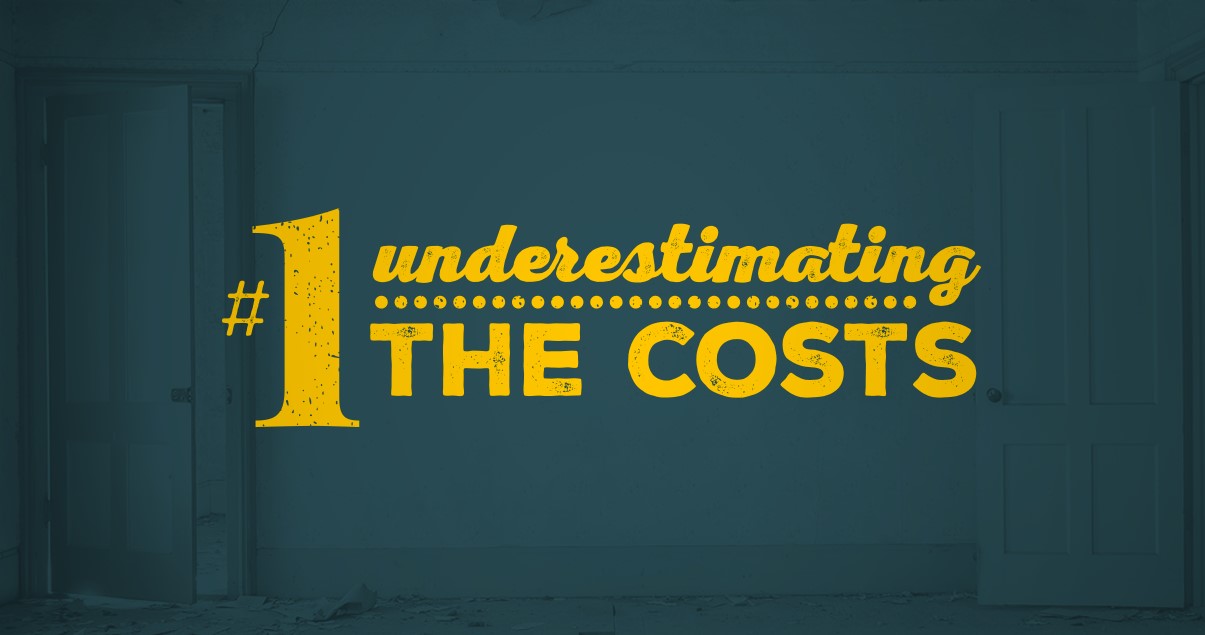
Maybe you thought the biggest check you'd write for your lovely new house would be your first monthly mortgage payment.
Nope.
"First-time homebuyers are notorious for…constantly overestimating or underestimating what they can afford," says Jason Hecht, a Movement sales manager in Glendale, Calif.
Apparently so: A study from PricewaterhouseCoopers shows that 61 percent of misunderstandings between borrowers and lenders stem from confusion over fees, terms and ownership costs.
Experts say first-timers should save months in advance and budget for the money they're sure to spend. Those expenses include:
Closing costs and fees: Hecht tells his California clients to be ready to spend about $5,000 in closing costs alone. That's because, as a buyer, you'll have to pay attorney's fees, lender fees, appraisal fees, title fees and a recording fee just to put your home's deed on file with the state.
Property taxes and homeowners insurance: You'll likely want to set up an escrow account where your loan servicer can pay your insurance premiums and tax payments for the life of your loan. All lenders require buyers to pay up to a year of insurance at closing.
Private mortgage insurance (PMI): This monthly fee is for buyers who pay less than 20 percent of a down payment on their home. It reimburses the lender in case you default on your loan.
Inspections: Most industry experts recommend buyers foot the bill for a home inspection. Depending on what your state requires, you could need a general, chimney, geological and/or sewer inspection (that's about a $1,000 tab, Hecht says). Plus, not all repairs recommended by the inspector are always covered by the seller. You could end up paying some out of your own pocket.
HOA fees: If you're moving into a subdivision or gated community, find out how much you'll have to pay in annual/yearly homeowners association fees for neighborhood upkeep.
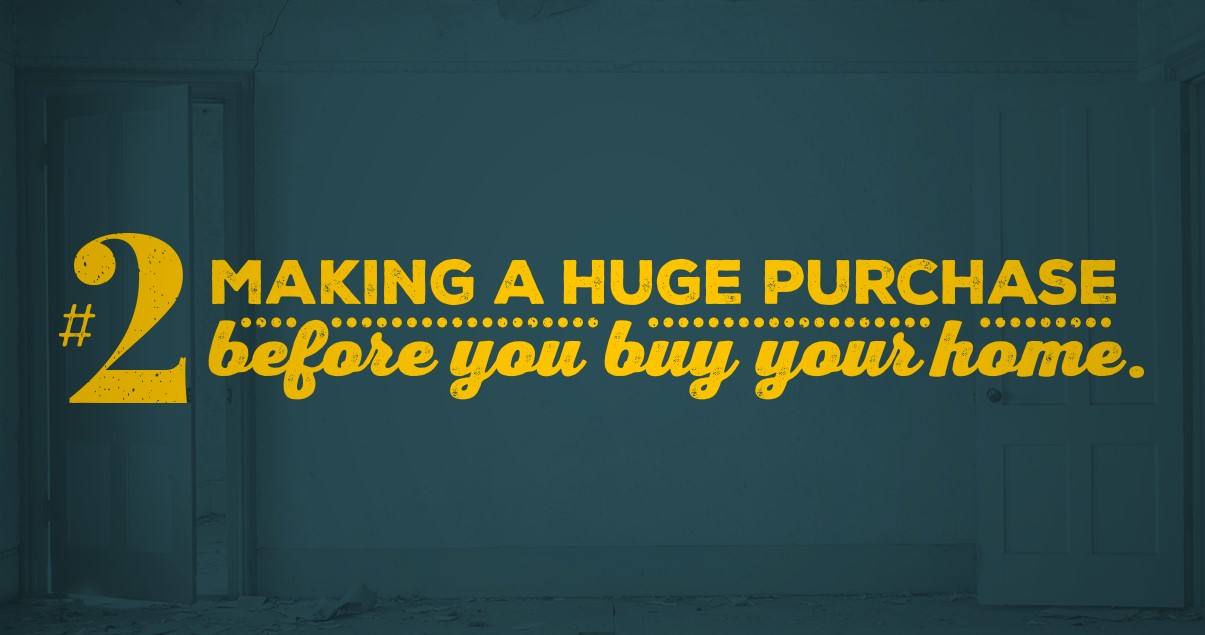
Hold off on that new furniture set or American Express card until you've actually moved in.
Why? Because lenders are going to check your debt load before closing and if you're on the hook for a massive last-minute purchase, it could "kill a deal," says Shari Saba, a Movement senior loan officer in Franklin, Tenn.
Many loans are approved based on a specific debt-to-income ratio and minimum credit score. If you go purchase a Hummer (or just a Honda) a few days before closing, and the dealership pulls your credit, your score could be affected, your ratio thrown off balance and "you've just blown yourself out of qualifying" for your mortgage," Saba says.
"Keep everything status quo," she says. "Don't change your job. Keep your money tight. Pay your bills on time and buy yourself some groceries. I just don't want to see any new credit cards."
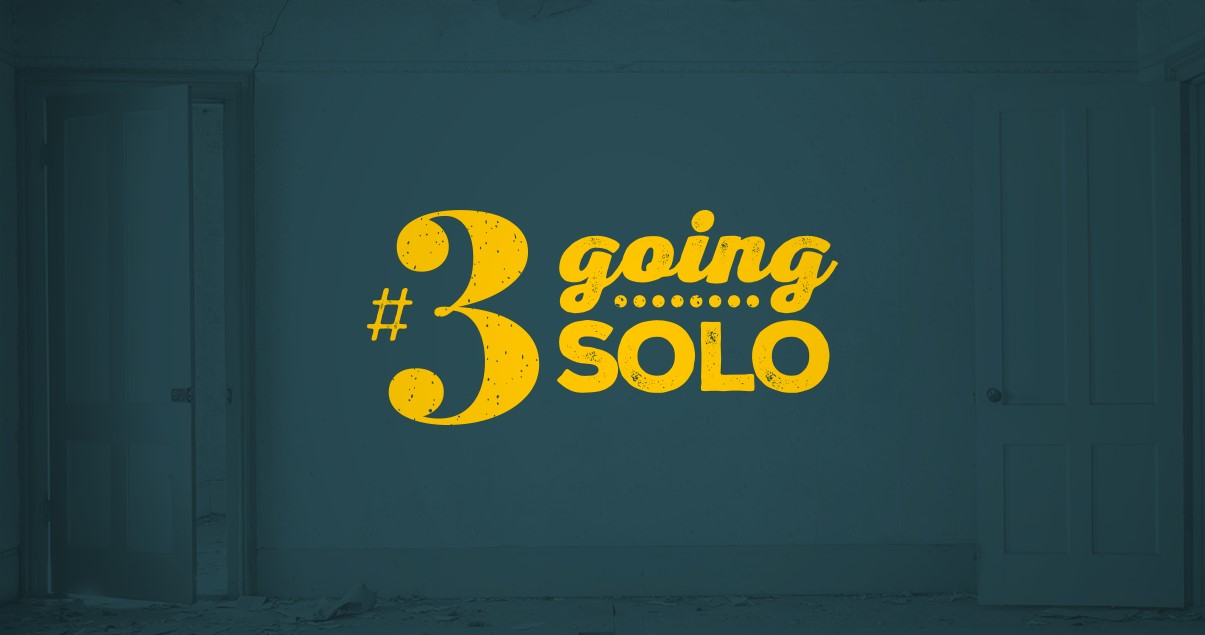
Time is money, right? So maybe you've decided to save on both by looking for and buying a home yourself. After all, who needs an experienced real estate agent or reputable lender when you have your mouse and keyboard at your side?
A lot of people.
Local agents have the know-how and experience to navigate the oft-stressful home-buying process, says Meg Casper, vice president of the National Association of Realtors.
They know the market and can provide buyers with information about their neighborhood, such as average utility rates, schools and crime.
As for lenders, Casper suggests buyers consult with them face-to-face, rather that just an online search.
"When you sit down with a lender, you need to provide a lot of documentation," Casper says. "It's a whole lot better when you sit one-on-one with someone who knows" what they're doing.
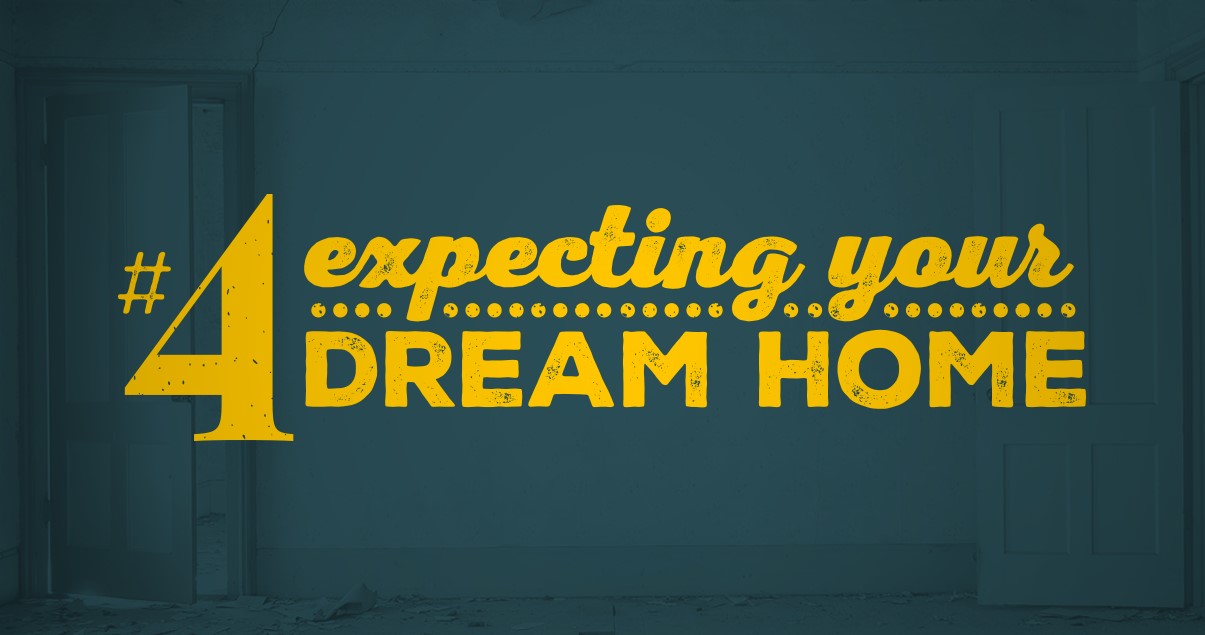
An enclosed deck in the backyard. A game room in the den. A sun room with bay windows.
In a perfect world, you'd have it all in your inaugural home. But chances are, you won't. And as your search continues, you may want to compromise on those must-haves that you thought were deal breakers.
Buyers should understand that their first home is "not going to be perfect," says Matt Brurs, a Movement loan officer in Las Vegas.
So talk with your agent or loan officer about amenities that are important to you, such as how many bedrooms you need or what kind of lawn you want.
"You don't want to ruin anybody's dreams but it's all about setting expectations," says Brurs, adding that good agents and loan officers can help balance the buyer's wants with what's attainable.
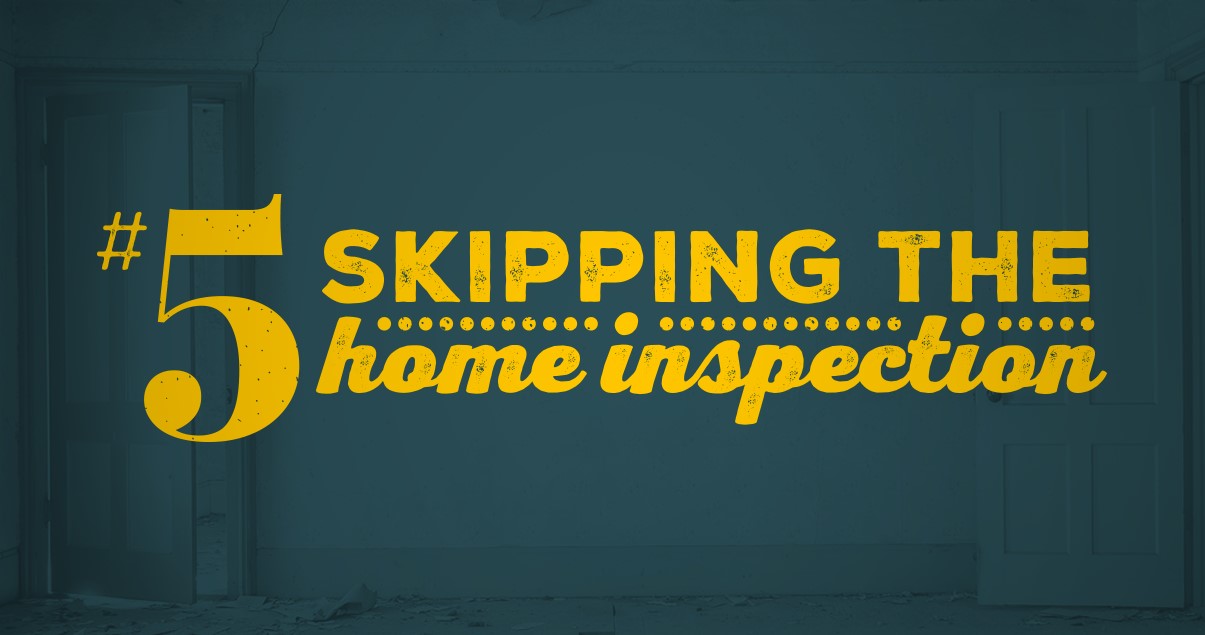
When facing closing and moving costs, one might be tempted to skip out on paying for a detailed home inspection.
Bad idea.
You may think it doesn't matter when you first move in but a quality inspector can identify what's causing that crack in the basement, or trace the source of those damaged roof shingles. Unlike someone who is just a roofer or just an electrician, good inspectors will climb the roof, traverse the attic and go under the crawl space to find the things the buyer won't see on the surface.
"Because we see the house as a system, we may find that mold may not be caused by a roof leak…it's caused by moisture at the lower level," says Frank Lesh, executive director of the American Society of Home Inspectors. "The shingles might look fine but there could be a leak you can't see."
He adds: "A house doesn't have a check engine light. You might think it looks OK because there are no telltale signs but there could be a problem you're unaware of and the inspector has to look at everything."
Want more info?
So there you have it, a not-too-exhaustive list of the kind of mistakes you don't want to make if you're in the market for your first house. If you're ready to get your house hunt started or just need more information, talk to a mortgage loan officer and begin the conversation.


